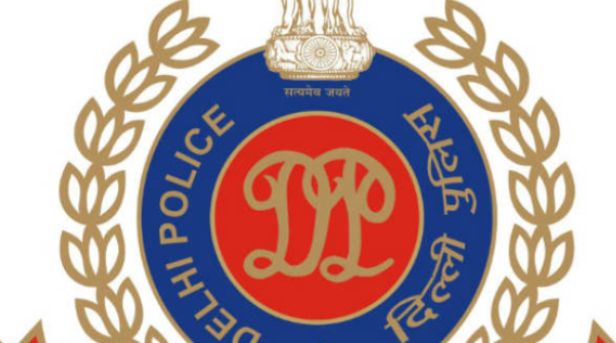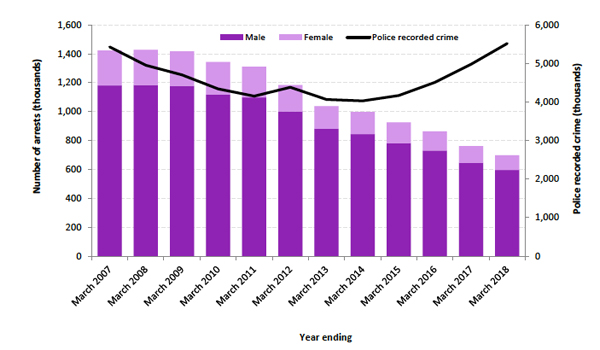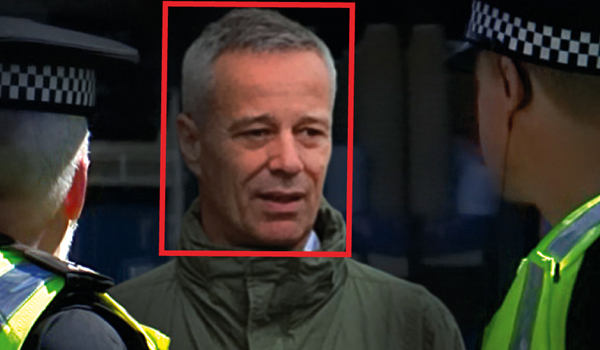Technology helps police identify 3,000 missing children in four days
Thousands of children are being reunited with their families after police launched a trial of a new facial recognition system.
Police in the Indian city of New Delhi have identified nearly 3,000 missing children within just four days of the project going live earlier this month.
The pilot was given the go-ahead for a test of the software by the High Court on April 6, according to the country’s Ministry of Women and Child Development.
The technology was used on around 45,000 children throughout the city, 2,930 of whom were recognised as missing.
Officers are now in the process of reuniting them with their families.
India has almost 200,000 missing children and about 90,000 lodged in various child care institutions, according to campaign group Bachpan Bachao Andolan (BBA).
It says it is almost impossible for anyone to manually go through photographs to match the children – with the hope that facial recognition software can be used to help identify other missing children in the country.
It comes after hospital officials in China identified a mentally ill man by using similar software.
The 31-year-old man had been missing for over a year but was reunited with his brother after a photo of his face was linked to previously stored public records.
The use of such technology has raised privacy concerns, however the National Commission for Protection of Child Rights (NCPCR) in India advocates its use under these circumstances.
The NCPCR said if the software helps trace missing children and reunites them with their families, it’s the best possible outcome.
Police in Delhi operate a Zonal Integrated Police Network (ZIP Net) across its eight states to deal with the epidemic of missing children.
Earlier this month a 22-year-old woman was traced by officers in Dwarka North after being missing for six years.
She disappeared from her home as a 16-year-old – a ‘minor’ in Indian law.
A 29-year-old labourer has been arrested and charged with kidnapping after admitting reportedly eloping with the girl, marrying her and having two children together.
Despite the success of the Indian experiment, new research in February found that while current facial recognition systems work well in identifying white males, they struggle with darker faces, especially those of women.
The study, conducted by the Massachusetts Institute of Technology Media Lab and Microsoft Research, tested three leading facial recognition systems on 1,270 faces from a database comprising three countries in Africa and three Nordic countries.
It was able to correctly identify the gender of the subject with 99 per cent accuracy for light-skinned men, but for women with darker skin it could be wrong up to one third of the time.
This comes as Israeli security start-up AnyVision announced it will work with Nvidia, a US manufacturer of graphics processing chips, to install facial recognition systems in CCTV cameras across the UK.
AnyVision claims its technology can detect, track and recognise any ‘person of interest’ in a large crowd in real-time with more than 99 per cent accuracy.







